Family Empire: Houston











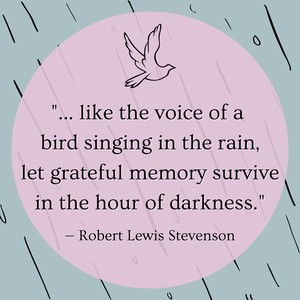



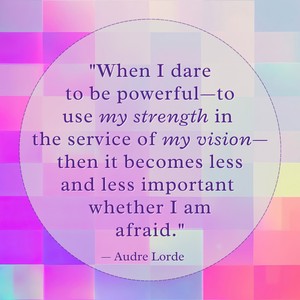



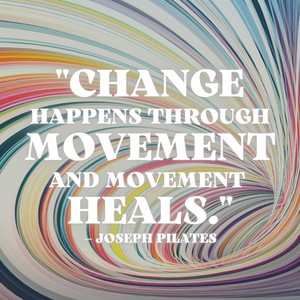
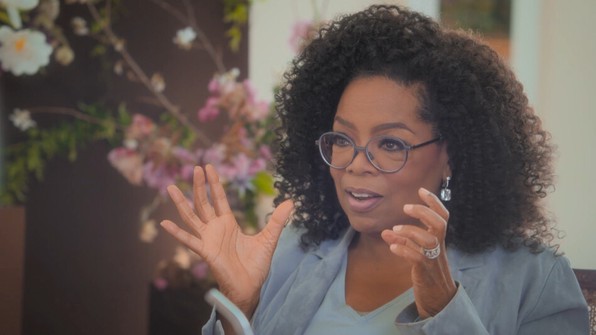
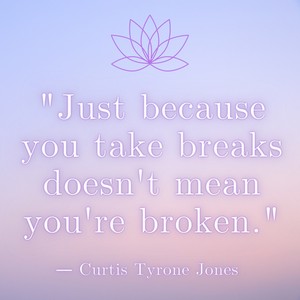

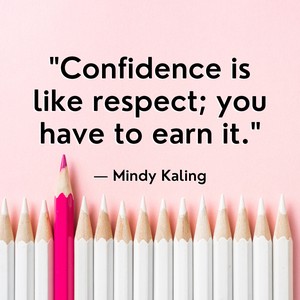

The Last One to See Them

In Search of the Truth

How to Get Away With Murder

Wife's Double Life

Code of Silence

New Mexico Desert Killings

Make Room for Baby

Dingy Downstairs Dungeon

Talk of the Town

Manhunt

A Deadly Anniversary

Deadly Encounters

Meet the Bradens!

Skeletons in the Family Closet

Bromance Before Romance

Arrested Redevelopment

Mar-Tell-All Interview

New Beefcakes on the Block

Wolfpack

The Courage to Survive

A Child is Taken



OWN Your Health
A safe space for Black women to explore their health and take proactive approaches to their wellness.

Love & Marriage: Huntsville
Three high-powered African-American couples mix business with pleasure when they come together to revitalize the thriving city of Huntsville, Alabama.

Newsletters
Stay in the know! Sign up for any of OWN's free e-mail newsletters today.